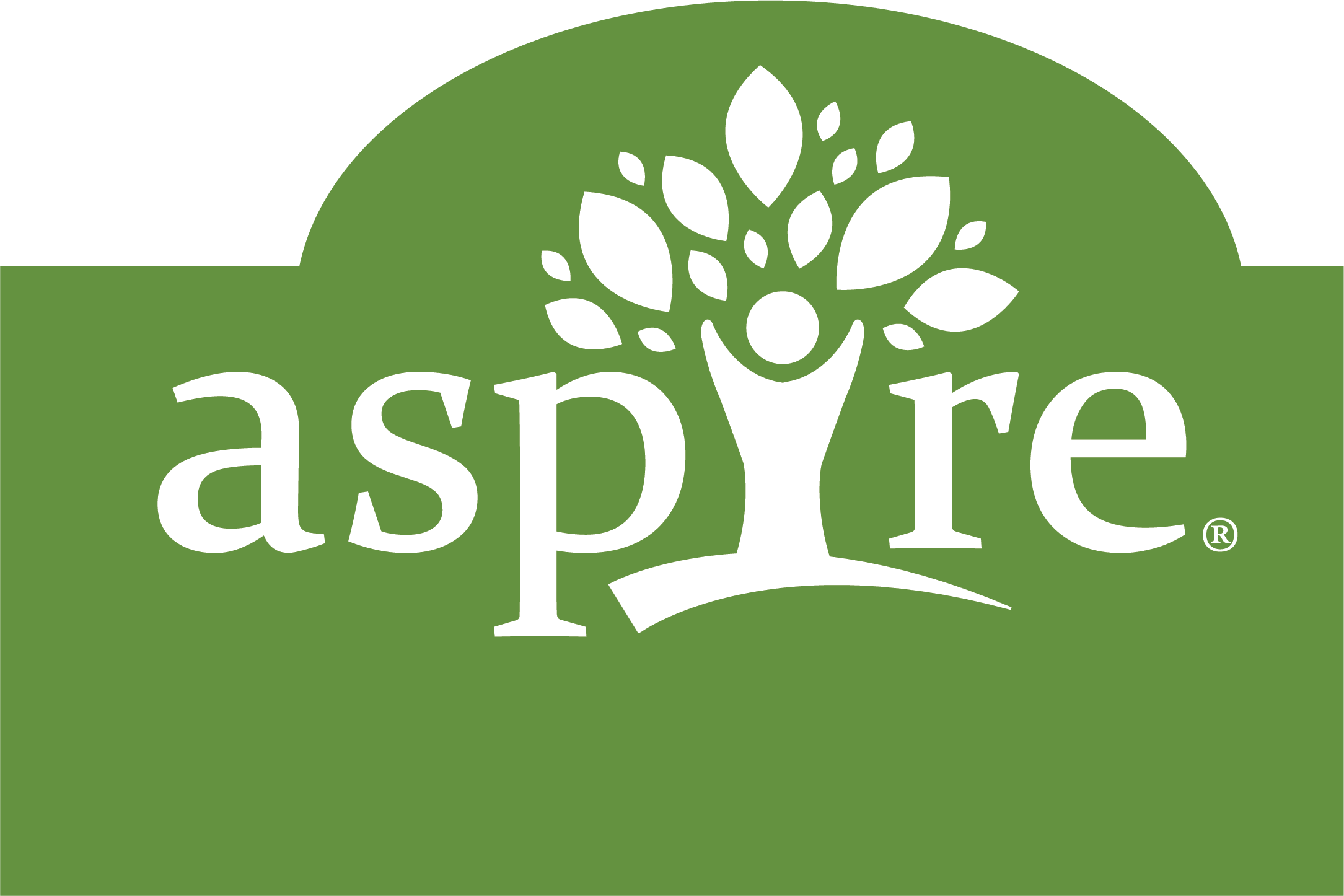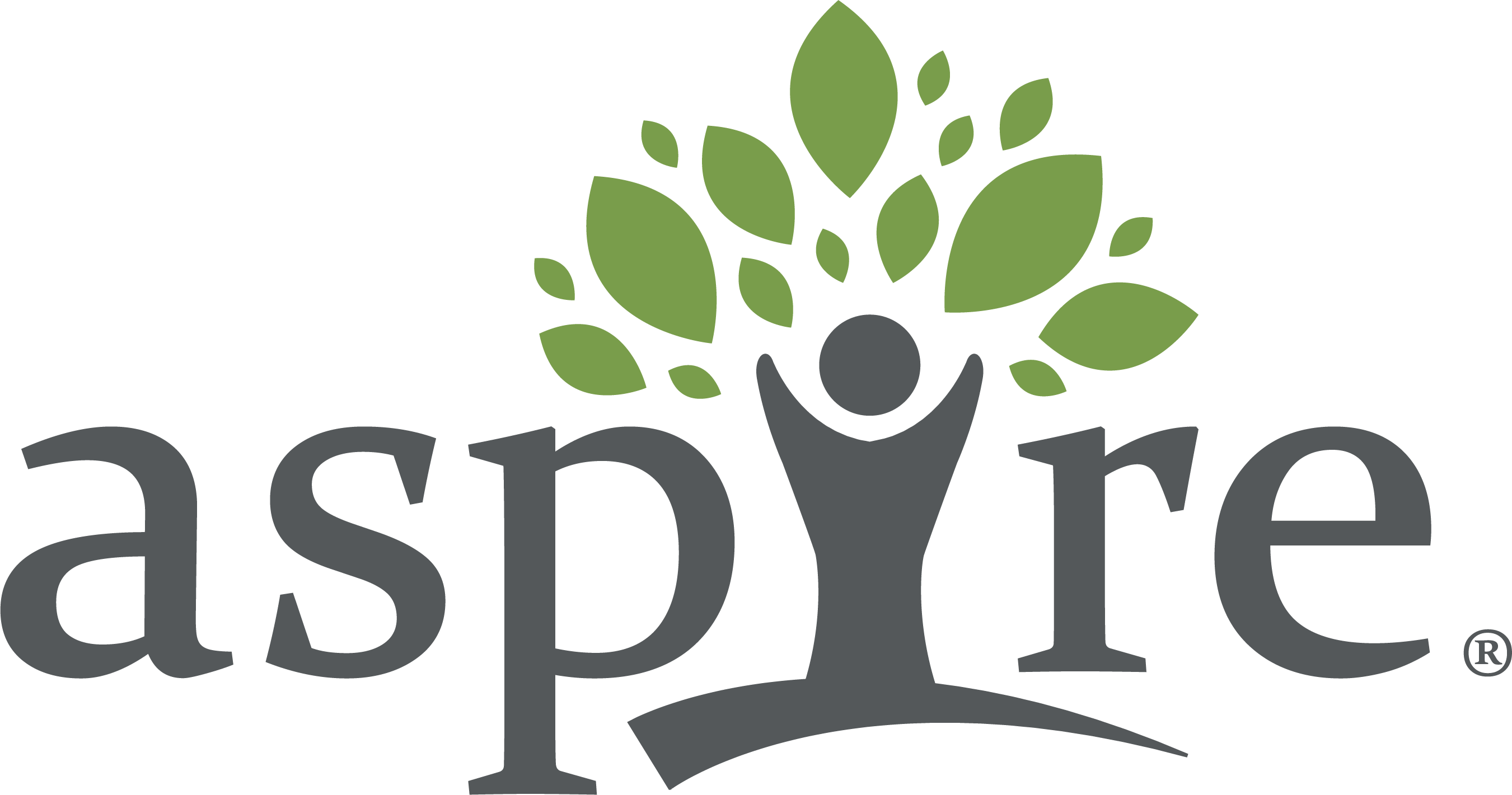This year has been a long and trying year for most people. For many it has exacerbated existing mental health issues, created new mental health issues such as anxiety and depression, and intensified substance abuse issues. As the year is coming to an end it is natural to look to the new year as an opportunity for improvement and hopes for happiness and success in recovery. One way to ensure that your hopes for successful recovery and improved mental health are achieved is to establish some goals for the new year. Aspire Counseling Services wants to ensure that your goals for the new year are achieved, so here are some tips for setting those goals.
The first step is to think about the future. This may not be something you have done over this past year, but a new year offers fresh opportunities, especially for those in recovery. Give some thought to what you want your life to look like without drugs and alcohol and free from mental illness struggles. This may include things you haven’t done in a long time, or new opportunities you never considered in the past.
When people are experiencing stress, illness, or are suffering from other challenges, such as addiction, it often leaves them with no clearly defined goals, leading to daily trivial activities with no focus. Think about what you would like to be different in the next few weeks or months (short-term goals), over the next six to twelve months (medium-length goals), and over the next few years or longer (long-term goals). These goals may be regarding personal relationships, your career, your lifestyle, your finances, or your personal development.
Now that you have given some thought to what you want, it is time to channel those thoughts into achievable, measurable goals. Broad statements such as being sober, or being happy, or controlling your emotions are not measurable so you would have no way of knowing whether you are beginning to achieve those goals. Instead, narrow your focus to the specific areas you want to improve and develop a short, specific, and measurable goal statement. One method to use is called SMART goals.
SMART Goals
Specific – State what is to be completed with a time frame for completion. Rather than “complete education”, use “Register and attend a specific class by next semester”.
Measurable – Use specifics that you can measure, such as “eating balanced meals with vegetables at least three times per week”, rather than “eating healthier”.
Achievable – Attending your support meetings on a regular schedule is an achievable goal that you will need to plan and organize your schedule to accomplish.
Relevant – Your goals need to be important to you so that you will make the effort to achieve them. If they are not meaningful to you, you will not bother to accomplish them. Everyone has their own needs and focus, what may be important for someone else may mean nothing to you. Your self-reflection will help you to build your personal goals.
Time Bound – Each goal should have an attached time commitment. Even short-term goals could have a daily commitment that you renew each day, such as taking medications daily, or attending meetings daily, or three times per week. Long-term goals may have short-term steps leading to a long-term result. For example, your goal may be to complete your college degree within two years, with short-term goals of registering for specific classes. Or a goal of obtaining a job by next month may have a short-term goal of applying for at least five jobs per week.
Once you have established a list of goals, you need to prioritize them. Having too many goals can become overwhelming. Select the top two or three that are most vital to your overall well-being, mental and physical. If addiction is an issue, then maintaining sobriety is a must. If managing mental health issues, then proper rest, exercise, eating, and taking medications are a must. Prioritize the remainder of the list in order of importance but focus first on the primary goals regarding your health, basic needs, and finances. Develop action steps for each goal to determine how you will measure and complete your progress.
Make sure that each goal is for your personal success and not something you are doing for someone else. You must be committed to your own personal success, you must do it for yourself, your health, your happiness, your improved relationships. Just as you cannot get sober for someone else, you cannot set goals for others, they must be for your own personal needs. Realize that you may have some setbacks but staying focused on your goals will help to minimize any stumbles that may occur.
Aspire Counseling Services wants to help you succeed in accomplishing your new year’s goals. If you stay committed to joining support meetings, attending regular counseling sessions, and taking prescribed medications, then you will be well on your way to a bright and happy new year.

Planting Seeds, Saving Lives
Copyright © 2026 Aspire Counseling Services® | Privacy Practices | Terms and Conditions | Powered & Designed by Citryn, LLC

Planting Seeds, Saving Lives.
Available 24/7 (888) 585-7373
FOLLOW US ON SOCIAL MEDIA
MENU
LOCATIONS
Privacy Practices
Copyright © 2020 Aspire Counseling Services®
Powered & Designed by Citryn, LLC

